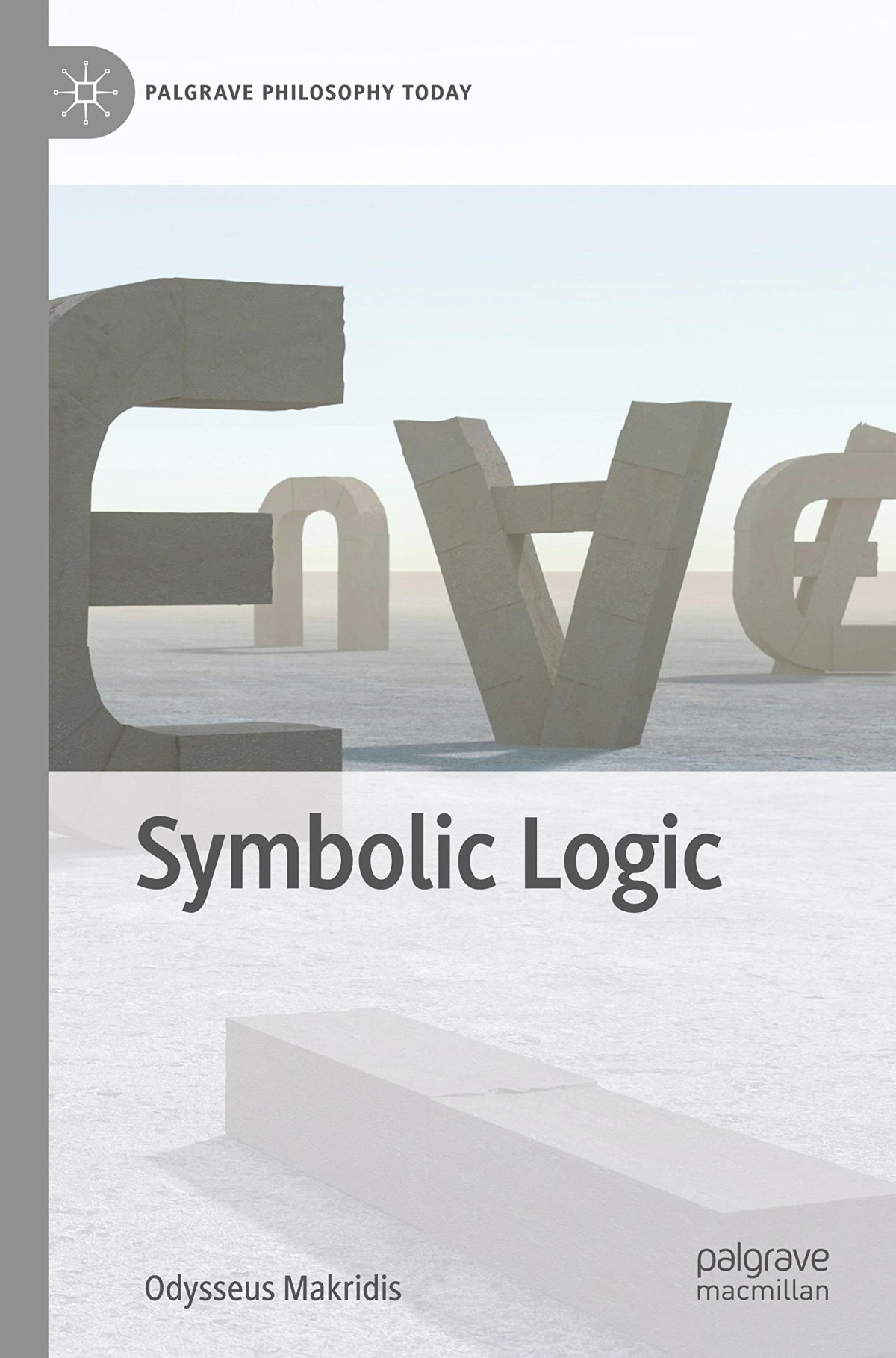

Most ebook files are in PDF format, so you can easily read them using various software such as Foxit Reader or directly on the Google Chrome browser.
Some ebook files are released by publishers in other formats such as .awz, .mobi, .epub, .fb2, etc. You may need to install specific software to read these formats on mobile/PC, such as Calibre.
Please read the tutorial at this link: https://ebookbell.com/faq
We offer FREE conversion to the popular formats you request; however, this may take some time. Therefore, right after payment, please email us, and we will try to provide the service as quickly as possible.
For some exceptional file formats or broken links (if any), please refrain from opening any disputes. Instead, email us first, and we will try to assist within a maximum of 6 hours.
EbookBell Team

5.0
88 reviewsThis book provides a comprehensive introduction to the essential elements of standard (classical) symbolic logic. Key topics covered include:
· The characteristic nature and scope of logic as a discipline
· The construction of a series of distinctly named formal languages suitable for formal translation
· Semantic models
· The construction of decision procedures
· The execution of proof-theoretic arrangements like natural deduction and proof-sequent systemsThe book covers both the semantics and proof theory of the standard sentential (propositional) logic and predicate (first-order) logic. Other topics covered include: parsing trees, extraction of alternative notations (for instance, Polish notation), Fitch-style proof-theory, sequent and ‘tree’ proof systems, comparisons and contrasts with intuitionistic logic, and presentations of predicate logic models. An ancillary chapter on elements of set theory is conveniently placed at the end and includes insights into the Zermelo-Fraenkel systematization of set theory. The philosophy of logic is also explored.
Exercises in the text provide instruction on mathematical induction for the construction of formula, tests for the well-formedness of Polish notation, and functional completeness.
Symbolic Logicis essential reading for all philosophy students taking intermediate level formal logic courses and will also appeal to diligent first year students of logic. The text is replete with exercises on both the formal machinery and the philosophical aspects of logic.